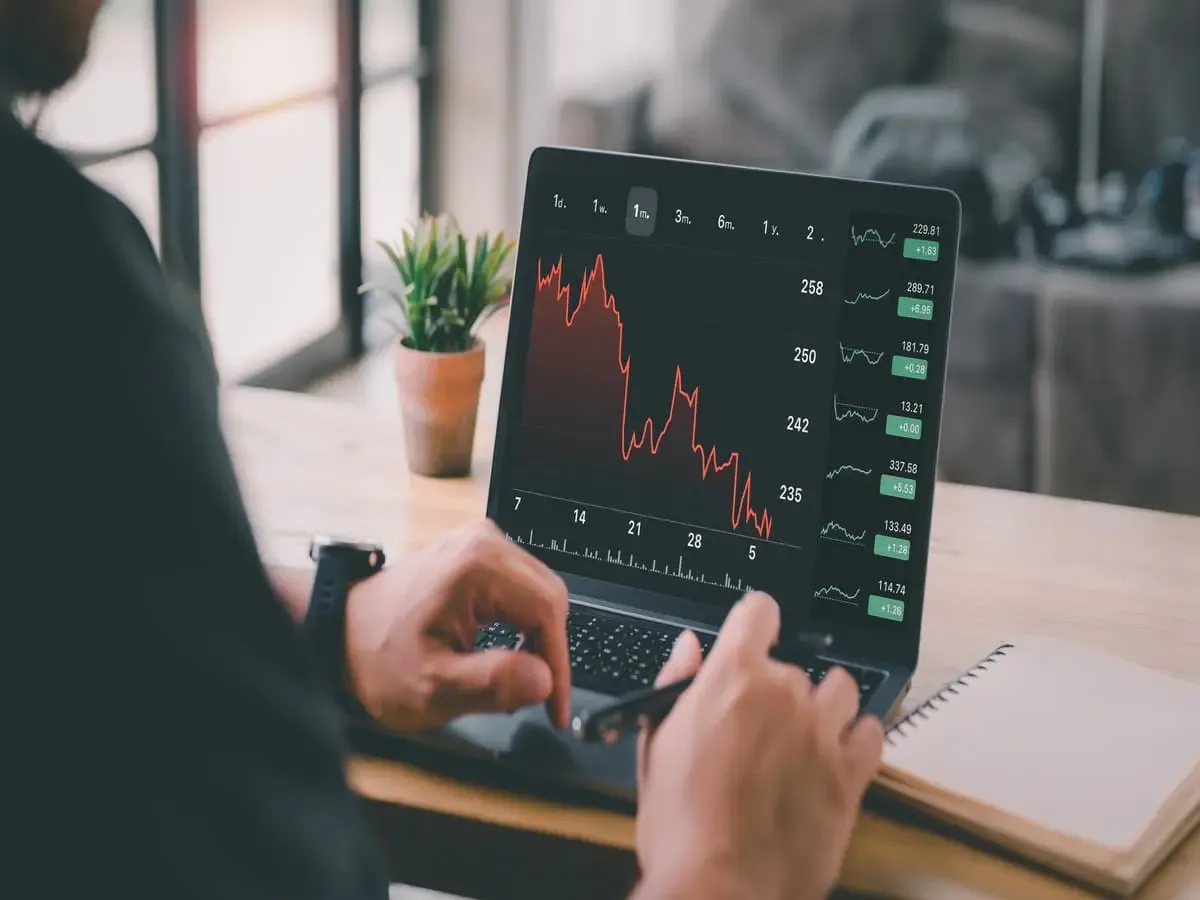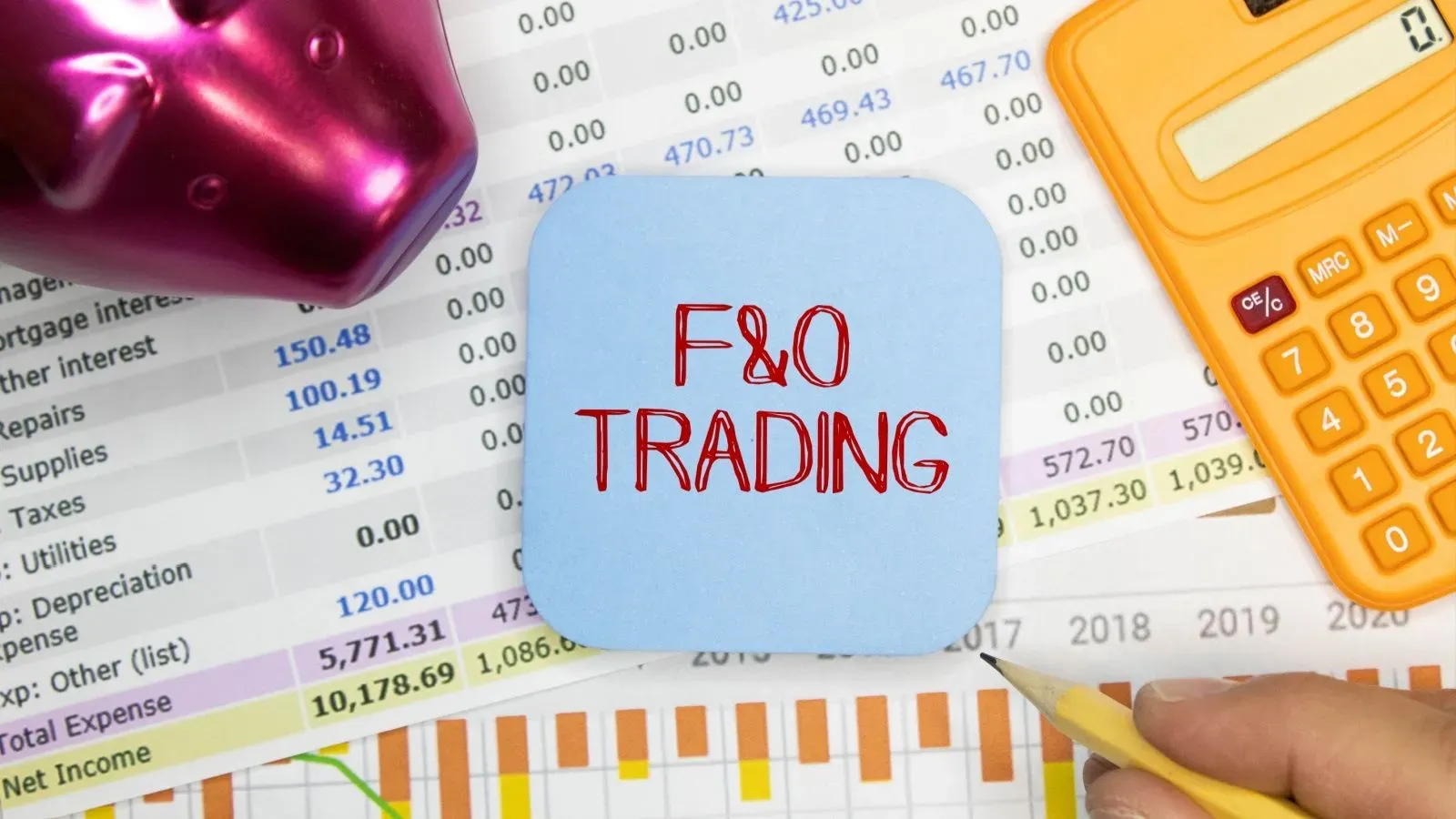What are Equity Derivatives?
Written by Upstox Desk
Published on February 10, 2026 | 6 min read

Rajiv: Why do only sharks get to invest in companies? Even I want to invest in them so that my capital can grow!
Tina: Then why don't you invest in the share market? Everyone that has a demat account and sufficient balance can buy shares in the market.
Rajiv: I want to invest in equity, not in shares.
Tina: Equity refers to the ownership stake in a company whereas shares are the measurement of the ownership proportion of the individual in that company. For instance, you can buy 1000 shares of XYZ Ltd at the current price of XYZ Ltd. ₹567 and become the owner of the company to the extent of shares owned.
Rajiv: That's a lot of money. I don't have enough funds to buy direct equity. So maybe I should stick to shares. Although is there a way to buy more shares for less price?
Tina: In that case why don't you invest in equity derivatives?
Rajiv: Derivatives? What are these?
A derivative is something which is based on another source.
Let's take curd for instance. Curd is derived from milk. So it can be said that curd is a derivative of milk.
The source, which is milk in this case, is also referred to as the underlying. Any change in the price of milk will be reflected in the price of the derivative which is curd.
Derivatives in Finance
Derivative contracts are essentially short-term financial instruments based on an underlying with a fixed expiry date. The underlying may be a stock (equity), commodity, bond or index. Derivatives trading refers to the buying and selling of such derivative contracts.
Equity derivatives meaning
Equity derivatives are derivative contracts that derive their value from the underlying stock. Any fluctuations in the price of underlying stock will be reflected in the price of derivatives as well.
Types of equity derivatives traded in India
In India equity derivatives are traded in the F&O segment of the exchange. NSE (National Stock Exchange) and BSE (Bombay Stock Exchange) are the biggest stock exchanges in India and offer derivatives products for trading.
Stock Futures
- A stock futures contract is a standardised derivatives contract between two parties to buy or sell the shares of a company at a predetermined price and quantity on a specified date in the future.
- Stock Futures are standardised in terms of quality and quantity to facilitate trading on a futures exchange which is why they are traded in lots.
- Lot size refers to the minimum number or quantity that one has to trade a future contract in as stipulated by the exchange. Futures can only be traded in multiples of their pertaining lot sizes. The lot size varies between different futures.
- Exchanges act as a regulator to eradicate the default risk.
- In order to trade in futures, both the buyer and the seller need to keep a margin. The margin is a percentage of the contract value. This is what makes futures leveraged financial instruments as an investor can take positions bigger than his/her capital.
- A future contract can either be cash settled or physically settled.
- Eg. Infosys Futures are equity derivatives of Infosys.
Stock Options
- Stock options are standardised derivatives contracts that enable the buyer (holder or owner) of the instrument the right to buy or sell the shares of a company at a predetermined price and quantity on a specified date in the future.
- The right to buy is without any obligation.
- The seller of the option is, however, obligated to buy or sell, should the buyer exercise his or her right.
- Stock options are standardised in terms of quality and quantity to facilitate trading on an exchange which is why they too are traded in lots.
Types of options: Call and Put.
-
- Call option gives the holder or buyer the right to “buy” the underlying asset but not the obligation to do so at a predetermined price, quantity and date.
- A put option gives the holder or buyer the right to “sell” the underlying asset but not the obligation to do so at a predetermined price, quantity and date.
- Stock options are either cash settled or physically settled.
- Eg. Infosys options are equity derivatives of Infosys.
Benefits of trading in equity derivatives
- Leverage: An investor does not pay the full contract value to trade in equity derivatives. Instead they just have to maintain the margins in case of buying or selling futures. In case of buying options, buyers pay only the premium while sellers must maintain a margin. This gives traders leverage to take a big position using a smaller amount of money and also the freedom to take multiple positions in the market.
- Hedging: Like insurance, derivatives allow traders to take positions contrary to their existing positions and thus help them protect their capital. This is called hedging.
- Standardised contracts: Equity derivatives are standardised contracts so multiple buyers and sellers can take positions in the market. This facilitates ease of trade.
- Short Selling: This refers to selling first and buying later. This is done when traders are bearing on the markets or when they need to hedge their existing buy positions. This is allowed on an intraday basis in the cash segment. However, in the F&O segment traders can carry forward their short positions.
Drawbacks of trading in equity derivatives
- No customisation: Equity derivatives are standardised contracts and thus their terms are not negotiable. They cannot be customised to fit the requirements of the parties involved in the trade.
- Liquidity: Liquidity refers to the efficiency or ease with which an asset or security can be converted into cash. Not all equity derivatives options contracts enjoy the same level of liquidity. This makes it difficult to liquidate a position, if an urgent need arises.
- Leverage: Trading at margin gives the investor leverage to take a big position using a smaller amount of money. But leverage is a double-edged sword. It not only multiplies profits but losses too.
- Contract holder: When one trades in equity derivatives, they become the contract holder of the company and not the shareholders of the company. They will not receive the direct benefits of corporate actions such as rights issues, bonus issues, splits etc.
Equity derivatives vs Index Derivatives
Point | Equity derivatives | Index derivatives |
Underlying | Stocks. Eg. Reliance Industries, Infosys. | Indices. Eg. Nifty 50, Bank Nifty. |
| Expires available | Monthly expiry | Monthly and weekly expiry |
Cash settlement | Completed on T+ 1 Basis | Completed on T+1 Basis |
| Physical settlement | Facility available but have to intimate the broker in advance before expiry | Facility not available |
About Author
Upstox Desk
Upstox Desk
Team of expert writers dedicated to providing insightful and comprehensive coverage on stock markets, economic trends, commodities, business developments, and personal finance. With a passion for delivering valuable information, the team strives to keep readers informed about the latest trends and developments in the financial world.
Read more from UpstoxUpstox is a leading Indian financial services company that offers online trading and investment services in stocks, commodities, currencies, mutual funds, and more. Founded in 2009 and headquartered in Mumbai, Upstox is backed by prominent investors including Ratan Tata, Tiger Global, and Kalaari Capital. It operates under RKSV Securities and is registered with SEBI, NSE, BSE, and other regulatory bodies, ensuring secure and compliant trading experiences.






















